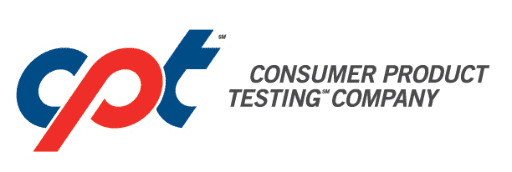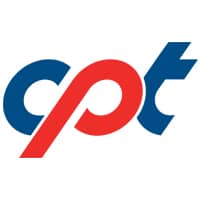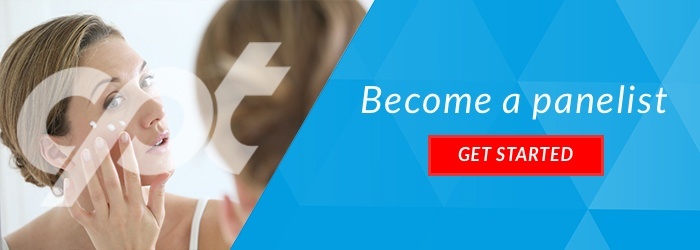Before a beauty product reaches the market, it must undergo various tests to ensure optimal performance and safety. In addition, if manufacturers would like to make any specific claims, they would need to test their product within a controlled, credible environment.
For example, a company may be launching a new facial toner. For the company to claim that their product is “dermatologist-tested” or that it’s safe for “sensitive skin,” the appropriate tests need to be administered. Clinical trials test beauty product’s claims.
Interested in becoming a beauty product tester? Here’s what you’ll need to know.
Why Manufacturers Seek Beauty Product Testers
Being paid to test products is certainly appealing, but there’s more to this process than monetary gains. As a beauty product tester, you will have the opportunity to review a product based on its:
- Performance and efficacy — Does the product deliver in terms of its claims?
- Safety — When administering a lotion to your skin, for instance, does it feel comfortable?
- Formulation — When applying that same lotion, you may notice odd textures or smells. All of this is relevant and should be included in your user review.
Based on the answers you provide, a manufacturer will potentially be able to improve their product before the public uses it. After all, first impressions are critical, especially in business. You will assist the company or brand itself, while protecting the public. This is a great opportunity for you to pay forward while benefiting from a unique and exciting experience.
What You Can Expect as a Beauty Product Tester
As stated by the FDA, “Cosmetics are required to be safe when consumers use them according to directions in the labeling, or in the customary or expected way.”
Once you apply to be a panelist, you will then be able to participate in various trials. Of course, this will be based on your eligibility, but for beauty products, these requirements are generally basic. If a company is testing a foundation, for instance, your skin type and color may be considered.
When it comes to cosmetic and other beauty product testing, there are some common tests that are conducted with panelists. These tests are controlled and follow strict guidelines to ensure the safety of all volunteers.
For example:
- A patch test exposes you to a product, typically for 48 hours. This means that a product will be in contact with your skin. This test will help determine if the product or any of its ingredients causes irritation and to what degree.
- A human insult patch test (HRIPT) — Once again, an HRIPT will help determine whether or not a product yields irritation or sensitization. This test will support claims such as “safe for skin” and “dermatologically tested, clinically approved.” This applies to products such as soaps, body washes, lotions, serums and even laundry detergents.
Overall, you can expect this process to be a pleasant one. All tests are tightly controlled and administered based on leading industry standards. At CPT, for instance, we are proud of our long long list of certifications. After all, the safety of our panelists is our highest priority.
Once the initial testing process is complete, you will have the opportunity to provide your personal opinion. After all, the manufacturer is interested in what the end user thinks about the product. As a beauty product tester, you speak on behalf of the public. This is not only a critical step but a rewarding one.
If you’re interested, please check out the current studies available. You can also contact us with any questions or concerns. We look forward to seeing you!


